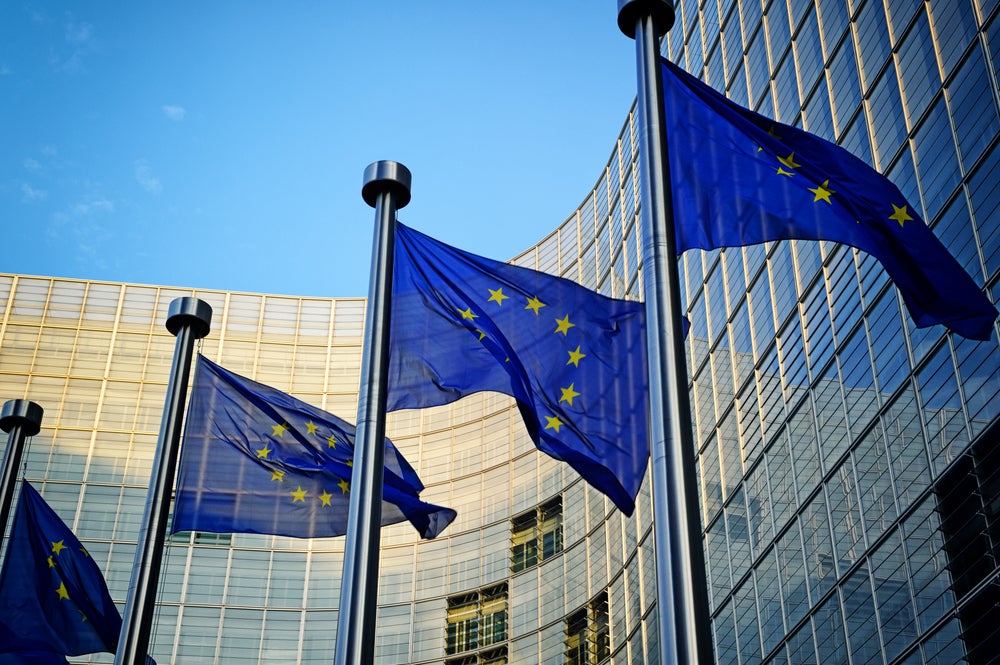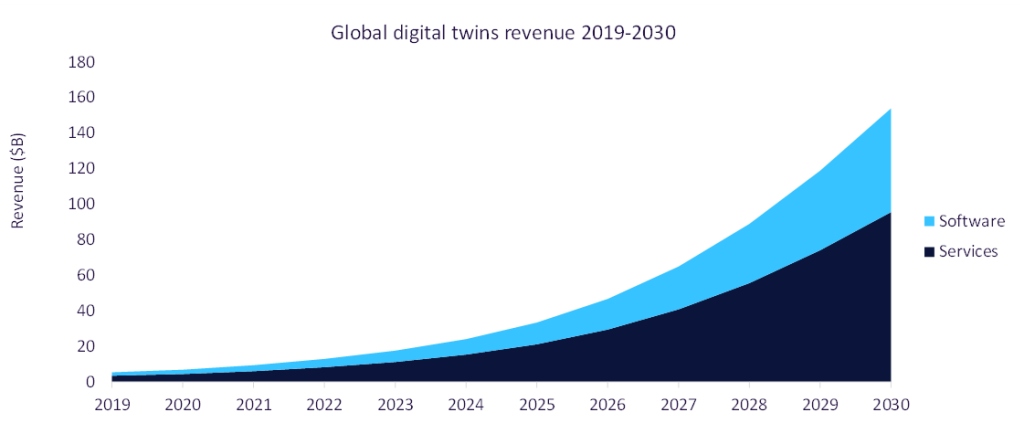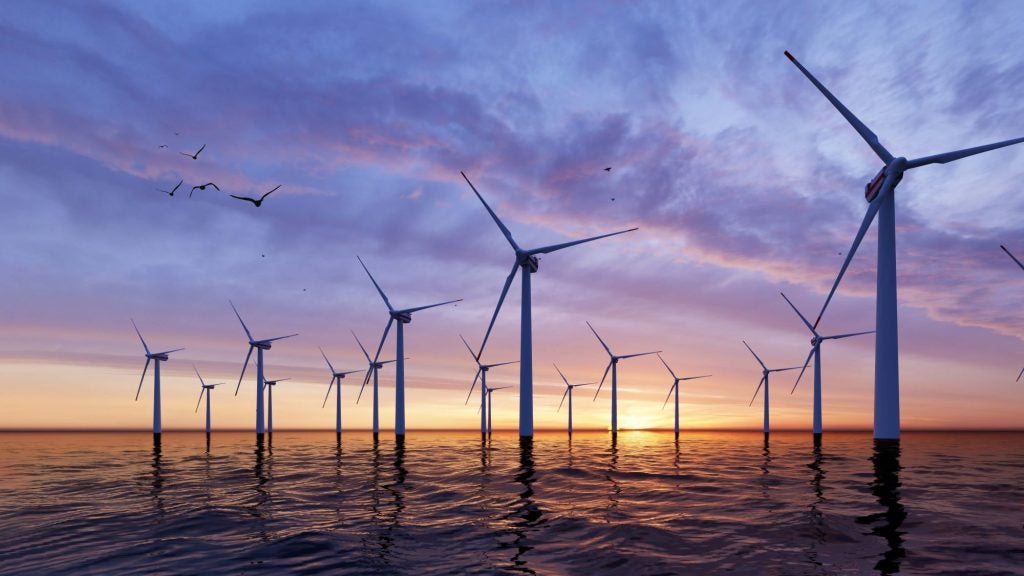
The first half of 2023 saw a huge decline in fossil fuel generation in the EU, leading to the lowest output on record, according to a report from the climate think tank Ember.
Fossil fuel use collapsed by 17%, representing the lowest share in the EU’s electricity mix on record, the report found. Between January and June, fossil fuels generated 410 terawatt-hours (TWh) of electricity in the bloc, making up 33% of demand. Coal-fired power fell by a huge 23% in the first half of this year, while gas use decreased by 13% since 2022. In May, coal set a record by representing less than 10% of the EU’s total electricity generation for the first time.
How well do you really know your competitors?
Access the most comprehensive Company Profiles on the market, powered by GlobalData. Save hours of research. Gain competitive edge.

Thank you!
Your download email will arrive shortly
Not ready to buy yet? Download a free sample
We are confident about the unique quality of our Company Profiles. However, we want you to make the most beneficial decision for your business, so we offer a free sample that you can download by submitting the below form
By GlobalDataSolar leads increases in renewable energy generation, up 13% from last year, with wind power up 5%, the report found. Hydropower has largely recovered from the dip seen in 2022, increasing by 11%. Nuclear energy continued to fall in the first half of this year, dropping by 4% but is forecast to improve into 2024.
In the first half of 2023, 17 member states generated record electricity output from renewables, with Greece and Romania passing 50% for the first time and Denmark and Portugal both hitting 75%.
Matt Ewen, data analyst at Ember, said: “The decline in fossil fuels is a sign of the times. Coal and gas are too expensive, too risky, and the EU is cutting them out, but we need to see clean power replacing fossil fuels faster. A massive push, especially on solar and wind, is urgently needed to underpin a resilient economy across Europe.”
Electricity demand in the bloc fell 5% for the first half of 2023 as ongoing high energy prices led to caution from consumers. Electricity use fell to a record low of 1261TWh. This is below the pandemic low of 1271TWh in 2020 and represents the lowest demand since at least 2008 for current member states. The report found the decrease in demand was largely responsible for the drop in fossil fuel use.
However, while overall fossil fuel use has fallen, the EU is set to import record volumes of liquified natural gas (LNG) from Russia this year despite targets to cease use of Russian energy supplies entirely by 2027.
In the first half of this year, Belgium and Spain were the second and third-largest importers of LNG after China, according to analysis from the human rights NGO Global Witness. Between January and July, EU member states purchased 22 million cubic metres of LNG, compared with 15 million cubic metres during the same period in 2021. This represents a huge increase of 40% and is a much sharper rise in Russian gas use than the global average, which stands at just 6%.
In the first half of this year, the EU bought 52% of Russia’s LNG exports, compared with 49% in 2022 and 39% in 2021. Oil and gas giants TotalEnergies and Shell have continued to trade Russian LNG following the country’s invasion of Ukraine, Global Witness found.
In May, EU and G7 leaders moved to sanction Russian gas imports on routes where Russia had already cut supply, but this is yet to happen.
“Europe’s fossil gas-based energy system is a climate disaster and security risk, funding warmongering regimes and fuelling deadly extreme weather,” said Jonathan Noronha-Gant, senior fossil fuel campaigner at Global Witness. “That national capitals are buying more LNG from Russia than before the war shows that we are simply not moving fast enough to replace gas with renewables,” he added.








